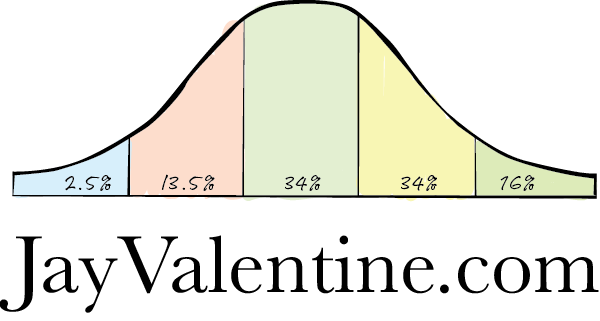
Microservices, containers, and object-oriented programming are delivering some level of benefit in replacing monolithic apps. Unfortunately, that benefit is not enough to move the needle against 70 percent to 90 percent of all digital transformation failures.
To “transform” a monolithic, legacy app into an agile, slender, responsive set of microservices, requires months of evaluation of every subroutine.
While the result of the transformation may be an agile app, the process of getting there is not much different from writing the monolithic app in the first place.
It does not have to be this way.
Fractal Programming is the next step beyond microservices, containers, and object-oriented programming. Instead of delivering a collection of microservices, it delivers a collection of small, fully containerized, independent micro-apps.
Its disruptive outcomes are possible because the micro apps are freed from the current, legacy underlying tech stack.
Fractal Programming provides a minimalist software stack with persistent storage (database) at the bottom of the stack, distributed processing middleware in the middle of the stack, and GUI widgets at the top of the stack. The Fractal Programming software stack can run anywhere – from large servers to inexpensive hardware at the network edge.
The Fractal Programming software stack minimizes I/O which enables micro apps to run at near silicon speed.
Fractal Programming technology consists of simultaneous innovations in:
- Distributed processing
- Database architecture
- Stream processing
- Object-oriented programming
- Micro-services architecture
- Full-stack development (at macro and micro scale)
- Compiler design
Building micro apps, with Fractal Programming is an entirely different experience from rewriting/recoding a legacy app.
Many legacy apps have evolved into code thorn beds that do not provide what the business needs.
Many firms, particularly with their Customer Care and Billing Systems, have adapted their business to the constraints of their legacy apps because the apps do not natively match the firm’s business processes.
Such monolithic apps are so onerous, so dangerous to change, little if any innovation can take place in their boundaries. Just think of it: the most important customer-touching systems cannot be touched without fear of disaster.
Fractal Programming offers a very different alternative. A Fractal Programming micro app can be developed and delivered at full production scale in a single business quarter.
In Fractal Programming, a single engineer builds a micro app which has the core functionality required for billing, or check processing, or customer care management, or whatever the required business functionality might be. The micro-app is developed as a single node (running on the engineer’s desktop) and then, with the push of a button, is replicated across all nodes in the system and with aggregate access to the full production scale data collection.
Software systems that once took 18 months to 36 months to build with large teams, can now be delivered in a single business quarter, with a few full system developers, at a fraction of the cost.
No one has to touch or modify the fragile, scary legacy Customer Care and Billing System.
There are now two Customer Care and Billing Systems running in parallel. Now comes the fun part.
With two systems running in parallel, you now have two systems independently calculating customer bills. If the systems agree, there is certainty the bill is correct. If they disagree, you have a flagged a problem BEFORE the customer sees the bill.
A parallel Customer Care and Billing System can be the QA system for new billing or customer care features. The new parallel system can become the access point for the major accounts sales team since, because of its processing speed, it has real-time capabilities that are not possible with the legacy system.
The parallel Customer Care and Billing System can run in parallel forever as a QA system – or, after 6 months or a year, with every transaction being tested and reconciled, it can replace the onerous (and expensive!) legacy system.
Fractal Programming frees corporations from paying the never-ending “budget tax” of Oracle, VMware, and other legacy technologies.
Learn More: www.Cloud-Sliver.com
